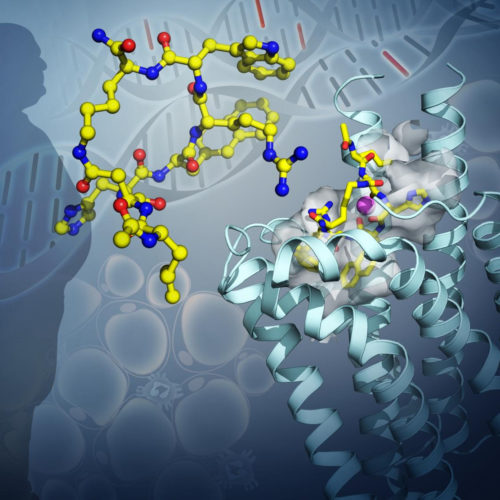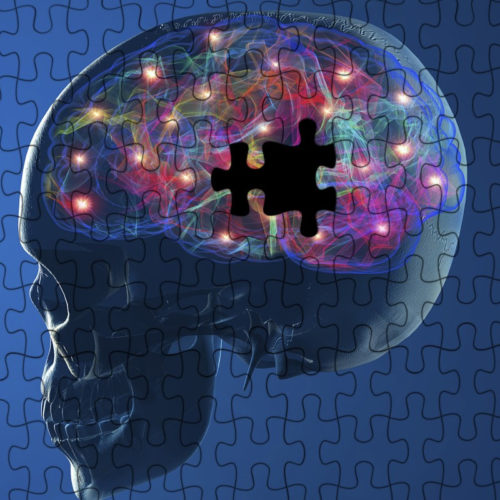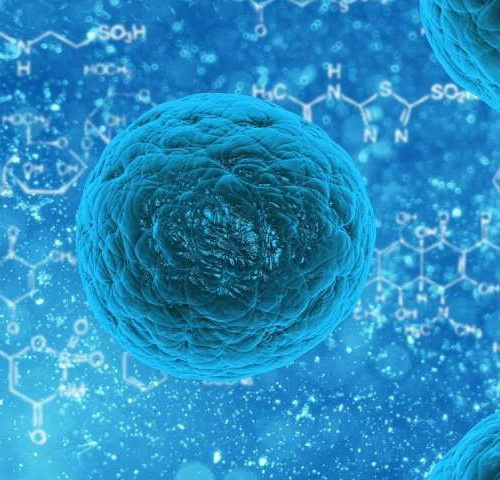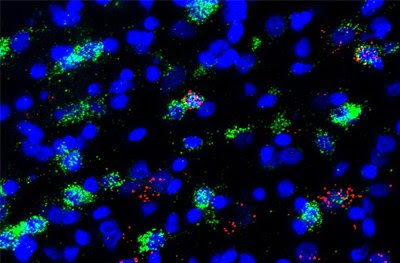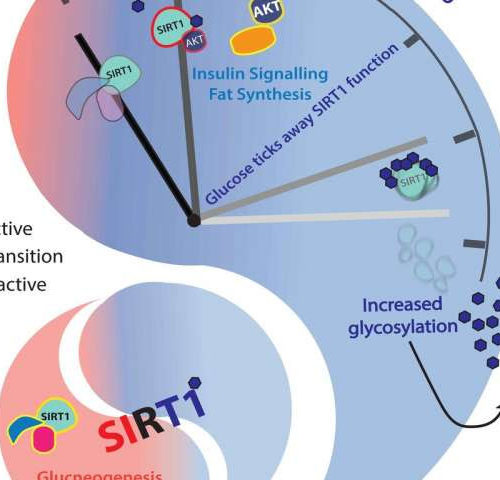BY YEKATERINA KADYSHEVSKAYA, USC The discovery comes just as new data are revealing that some of the hardest hit victims of COVID-19 suffer from obesity and other chronic conditions A USC-led international team of scientists has found the precise shape of a key player in human metabolism, which could lead the way to better treatments...
Category: <span>Metabolic</span>
New approaches to treating obesity, metabolic syndrome and diabetes
by Immanuel Kant Baltic Federal University In the 21st century, the search for methods of treating noncommunicable diseases, such as obesity, metabolic syndrome, and diabetes are among the top priorities. Prevention and treatment of these diseases include changing and controlling lifestyle, diet, and the use of pharmaceuticals. Despite the progress in medicine and pharmacology (developing...
Worm study offers new insight into link between obesity and poor sleep
By Rich Haridy For years, observational studies have linked short sleep patterns with obesity, and many scientists suspect it is the sleep irregularities causing metabolic dysfunction and appetite disruptions. New research from the University of Pennsylvania’s Perelman School of Medicine and the University of Nevada, Reno, investigating sleep in a laboratory worm model is suggesting...
TGF-β-driven reduction of CYGB is associated with oxidative DNA damage of HSCs in NASH
In the 2020 April 21 issue of Journal of Hepatology, a research group from the Department of Hepatology in Osaka City University Graduate School of Medicine, Japan reported that a new insight into the pathophysiology of human nonalcoholic steatohepatitis (NASH) with fibrosis and suggested a possibility of the new therapy using cytoglobin (CYGB) inducer for...
Discovery links glucose metabolism abnormalities to Alzheimer’s disease
By Rich Haridy A new study, funded by the National Institutes of Health’s National Institute on Aging, is offering novel insights into how protein expressions can be altered during the course of Alzheimer’s disease. The research suggests proteins regulating glucose metabolism and the anti-inflammatory activity of brain immune cells are linked with Alzheimer’s pathology, and...
Brown fat can burn energy in an unexpected way
by Joslin Diabetes Center When we are exposed to sufficient cold or exercise, small clusters of brown fat cells in our bodies begin to burn up energy. Since 2009, when researchers at Joslin Diabetes Center and other institutions discovered that this helpful form of fat can be active in adults, scientists have sought to turn...
Most diets lead to weight loss and lower blood pressure, but effects largely disappear after a year
by British Medical Journal Reasonably good evidence suggests that most diets result in similar modest weight loss and improvements in cardiovascular risk factors over a period of six months, compared with a usual diet, finds a study published by The BMJ today. Weight reduction at the 12 month follow-up diminished, and improvements in cardiovascular risk...
Newly Discovered Brain Response to Obesity Drug May Inform Future Treatments
The U.S. Food and Drug Administration-approved drug liraglutide have been shown to help obese patients lose weight by suppressing their appetite. However, where and how the drug acts in the brain was not fully understood, until now. A new preclinical study from the Perelman School of Medicine at the University of Pennsylvania, published in Science...
RICH OR POOR? YOUR PEE HOLDS THE ANSWER
JENSEN-COPENHAGEN Clues in urine have allowed researchers to discern whether people are wealthy or at risk of poverty. If you eat whole grains, vegetables, and dark chocolate, you most likely belong to the most economically prosperous segment of society. If, on the other hand, your diet is low in protein, salty, filled with additives, and...
Glucose acts as a double edged sword on longevity factor SIRT1
by Tata Institute of Fundamental Research Feeding and fasting cycles exert control over metabolism and energy utilization. Aberrations are known to cause metabolic diseases, liver dysfunctions and accelerated aging. Expression and activity of the anti-aging factor SIRT1 has long been known to be beneficial in mitigating diseases such as diabetes, cardiovascular dysfunctions, neurodegeneration, cancer and...

